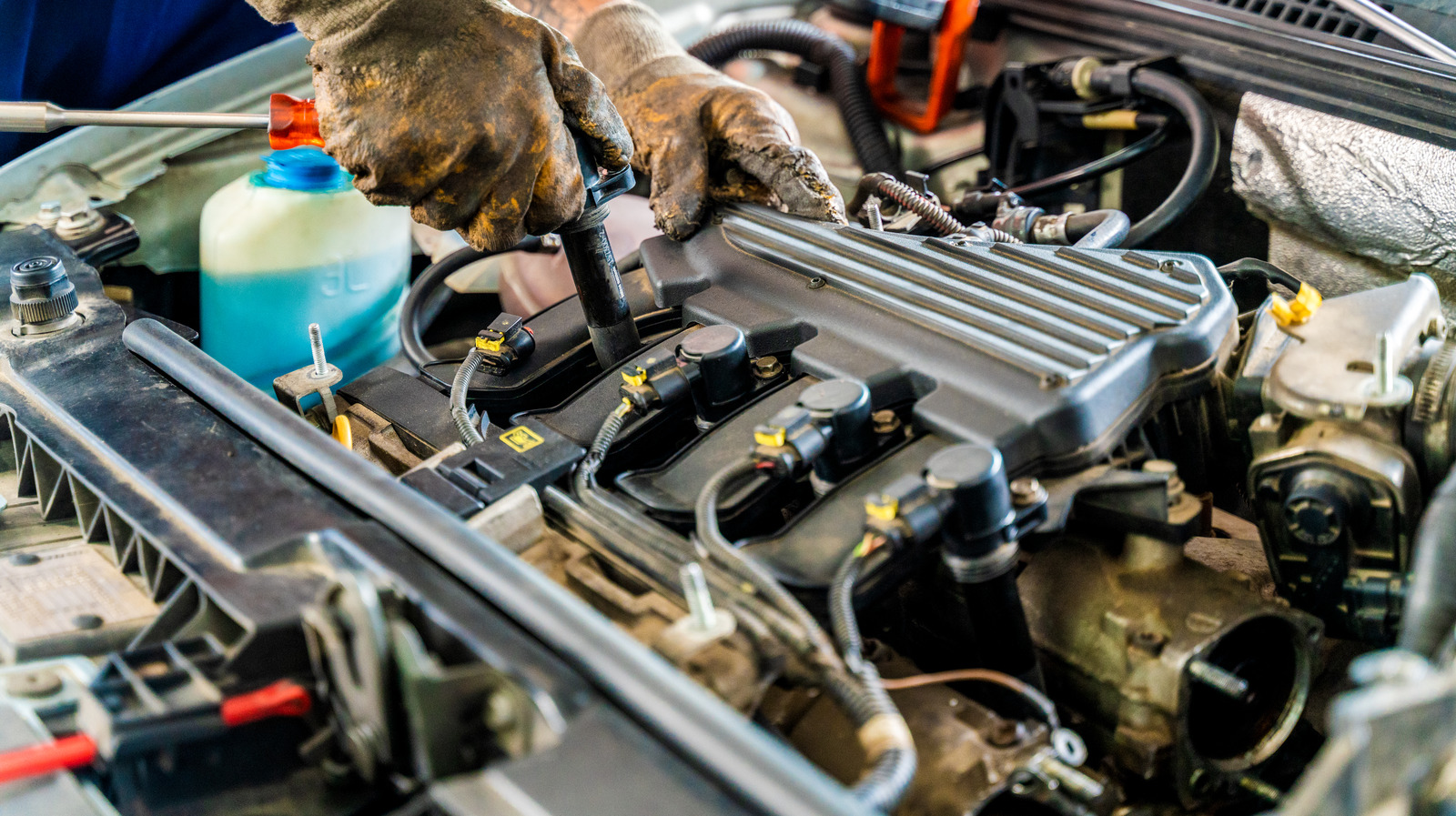Your car’s engine is the heart of your vehicle, and keeping it in top condition is essential for ensuring your car runs smoothly for years to come. Proper engine maintenance not only extends the life of your vehicle but also improves fuel efficiency, reduces the risk of breakdowns, and saves you money on costly repairs. In this blog, we’ll dive into the key steps you can take to maintain your car engine and keep it running like new.
1. Regular Oil Changes: The Lifeblood of Your Engine
Engine oil is the most critical component for keeping your engine running smoothly. It lubricates moving parts, reduces friction, and helps dissipate heat. Over time, oil breaks down and becomes contaminated with dirt and debris, losing its effectiveness.
- How Often Should You Change Your Oil?
Most manufacturers recommend changing your oil every 5,000 to 7,500 miles, but this can vary depending on your driving habits and the type of oil you use. Synthetic oils typically last longer than conventional oils. Always refer to your owner’s manual for specific guidelines. - Check Oil Levels Regularly
In between oil changes, check your oil level monthly using the dipstick. If the oil is dark, gritty, or below the minimum mark, it’s time for a change or top-up.
2. Replace the Oil Filter
The oil filter plays a crucial role in keeping your engine clean by trapping dirt and debris. Over time, the filter can become clogged, reducing oil flow and putting strain on your engine.
- When to Replace It:
Replace the oil filter every time you change your oil. This ensures that clean oil circulates through your engine without contamination.
3. Keep Your Cooling System in Check
Your engine generates a lot of heat, and the cooling system is responsible for preventing overheating. A well-maintained cooling system is essential for engine longevity.
- Check Coolant Levels:
Inspect the coolant reservoir regularly and top it up if necessary. Use the type of coolant recommended by your vehicle’s manufacturer. - Flush the Cooling System:
Over time, coolant can become acidic and lose its effectiveness. Flush the cooling system and replace the coolant every 30,000 to 50,000 miles, or as recommended in your owner’s manual. - Inspect Hoses and Belts:
Check for cracks, leaks, or wear in the hoses and belts connected to the cooling system. Replace them if they show signs of damage.
4. Air Filter Maintenance
The air filter prevents dirt and debris from entering the engine, ensuring clean air for combustion. A clogged air filter can reduce engine performance and fuel efficiency.
- When to Replace It:
Inspect the air filter every 12,000 to 15,000 miles and replace it if it’s dirty or clogged. If you frequently drive in dusty or polluted environments, you may need to replace it more often.
5. Fuel System Care
A clean fuel system is essential for optimal engine performance. Over time, fuel injectors can become clogged, and carbon deposits can build up in the combustion chamber.
- Use Quality Fuel:
Always use high-quality fuel from reputable gas stations. Lower-quality fuel can contain impurities that harm your engine. - Add Fuel Injector Cleaner:
Periodically add a fuel injector cleaner to your gas tank to remove deposits and keep the fuel system running smoothly. - Replace the Fuel Filter:
The fuel filter prevents contaminants from reaching the engine. Replace it every 20,000 to 40,000 miles, or as recommended by your manufacturer.
6. Spark Plug Maintenance
Spark plugs ignite the air-fuel mixture in the combustion chamber, and worn-out spark plugs can lead to misfires, poor fuel economy, and reduced performance.
- When to Replace Them:
Most spark plugs need to be replaced every 30,000 to 90,000 miles, depending on the type. Check your owner’s manual for specific recommendations. - Inspect for Wear:
Remove the spark plugs periodically and inspect them for signs of wear, such as corrosion or carbon buildup.
7. Monitor Engine Temperature
Overheating is one of the most common causes of engine damage. Keep an eye on your temperature gauge and address any signs of overheating immediately.
- What to Do if Your Engine Overheats:
If the temperature gauge rises, pull over safely, turn off the engine, and let it cool down. Check the coolant level and look for leaks. If the problem persists, consult a mechanic.
8. Drive Responsibly
Your driving habits have a significant impact on your engine’s lifespan. Aggressive driving, such as rapid acceleration and hard braking, puts unnecessary stress on the engine.
- Tips for Responsible Driving:
- Avoid revving the engine when it’s cold.
- Gradually accelerate and decelerate.
- Avoid overloading your vehicle, as excess weight strains the engine.
9. Regular Inspections and Tune-Ups
Even with proper maintenance, it’s essential to have your engine inspected by a professional regularly. A mechanic can identify potential issues before they become major problems.
- Schedule Tune-Ups:
Follow your manufacturer’s recommended service schedule for tune-ups. This typically includes checking the ignition system, fuel system, and emissions system.
10. Listen to Your Engine
Your engine often gives warning signs when something is wrong. Pay attention to unusual noises, such as knocking, ticking, or grinding, as well as changes in performance, such as reduced power or poor fuel economy.
- Don’t Ignore Warning Lights:
If the check engine light comes on, have your vehicle diagnosed as soon as possible. Ignoring warning lights can lead to severe engine damage.
Conclusion
Maintaining your car engine doesn’t have to be complicated, but it does require consistency and attention to detail. By following these tips, you can ensure your engine remains in excellent condition, providing you with reliable performance for years to come. Remember, a well-maintained engine not only saves you money on repairs but also enhances your driving experience. So, take the time to care for your engine—it’s the key to keeping your car on the road for the long haul.
Happy driving! 🚗

